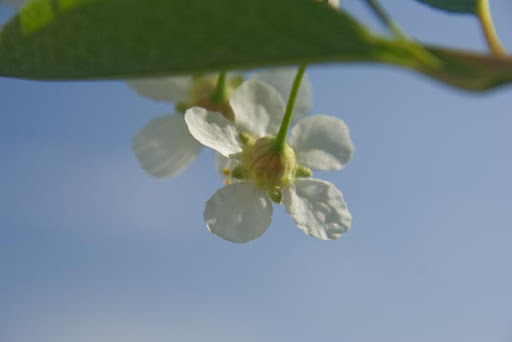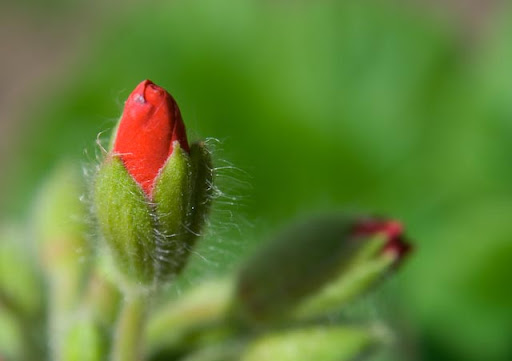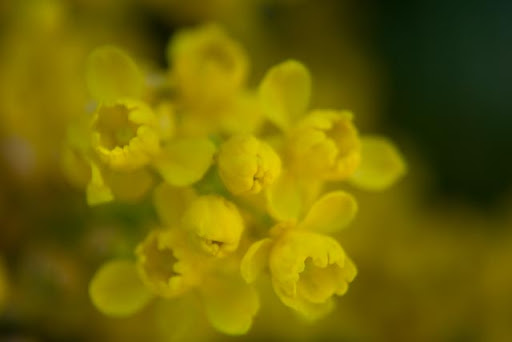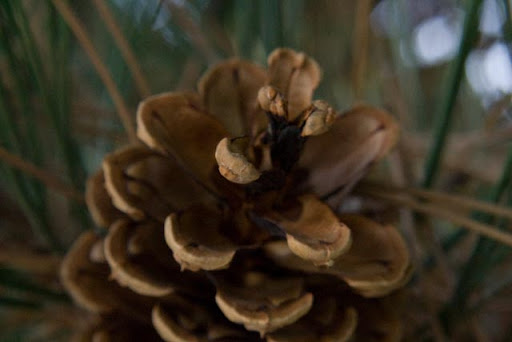I have been fascinated by photographs of very close up objects. I know there are special lenses for that and they all can run into hundreds. A less expensive option is diopter filters. I don't know all the differences between them but some of the drawbacks of the filters are that they render a less sharp image. That matters if you want to make big prints or get really close up to the subject. The main advantage is the prices. Diopter filters are anywhere between 30-60 bucks (could be more) and macro lenses are 10x as much. This is what I have been trying with some filters. Some of the close up images you see in my slide show to the right are made with filters. (A total of +7 diopters.)




Saturday, May 10, 2008
getting closer
Thursday, May 1, 2008
Selling photography
I've been looking into the idea of photography as a business. I imagined since there are billions of photographs all around you, someone must be taking all these pictures and someone must be paying for them as well (some to publish them and the others to see them in the publications). There are of course the very top notch photographs that (some) people would buy as an art form. The high end so to speak. I figured out that there are a few paths for selling photography depending on their uses. Some of these photographs are taken on demand by photographers that do this for a living and some are what it is called stock photography. This means that some photographer has taken this before he could sell it. This could be done by either part time or full time photographers. It could be even you, if you knew what exactly sells.
One interesting concept was that good photographs are not the same with good marketable photographs. This means that even though you might think that the generic beautiful sunset or sunrise, or some amazing landscape would be ideal to sell, the truth is that there are so many of those that it would be really hard to compete there. Marketable photographs are something else. It means that there is a particular use for them, even though they would not (and some time could not compete with that beautiful moonrise.
These are of two kinds: commercial and editorial. I will address this issue someother time. I just thought I'd let you know about my findings.
There are different ways of marketing your stock photography and one of them is throuhg online libraries. These are websites that host your images where they are available for others to purchase. When I say purchase, I mean they purchase rights of use for your images. You own your images and have all the rights to them, unless you have signed them away. What you would be doing is selling the rights of use to someone else. These may be temporary rights, they may be for a particular use, for a particular way of publication, etc. The important thing is that you decide which rights you sell.
You could also consider selling them on a royalty free (RF) basis, which means that the photobuyer can use that particular photograph as many times as he wants for publication or other uses. He may not alter these but he does own a copy of them. This is a website that hosts your pictures for free but they take a piece of the price. There are some websites where you are in control of what happense but you have to pay for the storage. The banner to the right that looks like this ![]() is a direct link to one of the websites where I posted some stuff. Check it out. You would be surprised to see the difference between photographs that have a commercial use and the editorial ones as well as the "generic" landscape and well-known places.
is a direct link to one of the websites where I posted some stuff. Check it out. You would be surprised to see the difference between photographs that have a commercial use and the editorial ones as well as the "generic" landscape and well-known places.
If you are really interested in the whole idea of making money with photography, I will get back with more information.
Light painting

Well, this one is just an attempt at it and it is more like drawing than painting, but here it is. I figured out that if you leave the shutter open for some time (I do that using the remote control) in a complete dark room, you can pretty much draw stuff and create more or less abstract effects. I use the bulb setting of the camera for the exposure so I can close it as soon as I am finished "drawing", using the remote control as well. I figured out an amazing thing that I will try to improve on and I will post the results here. I think I might be the only one to do that so far so I will try to register it with patent. Well, that might be stretching it... but we'll see. Here are a couple of examples. 